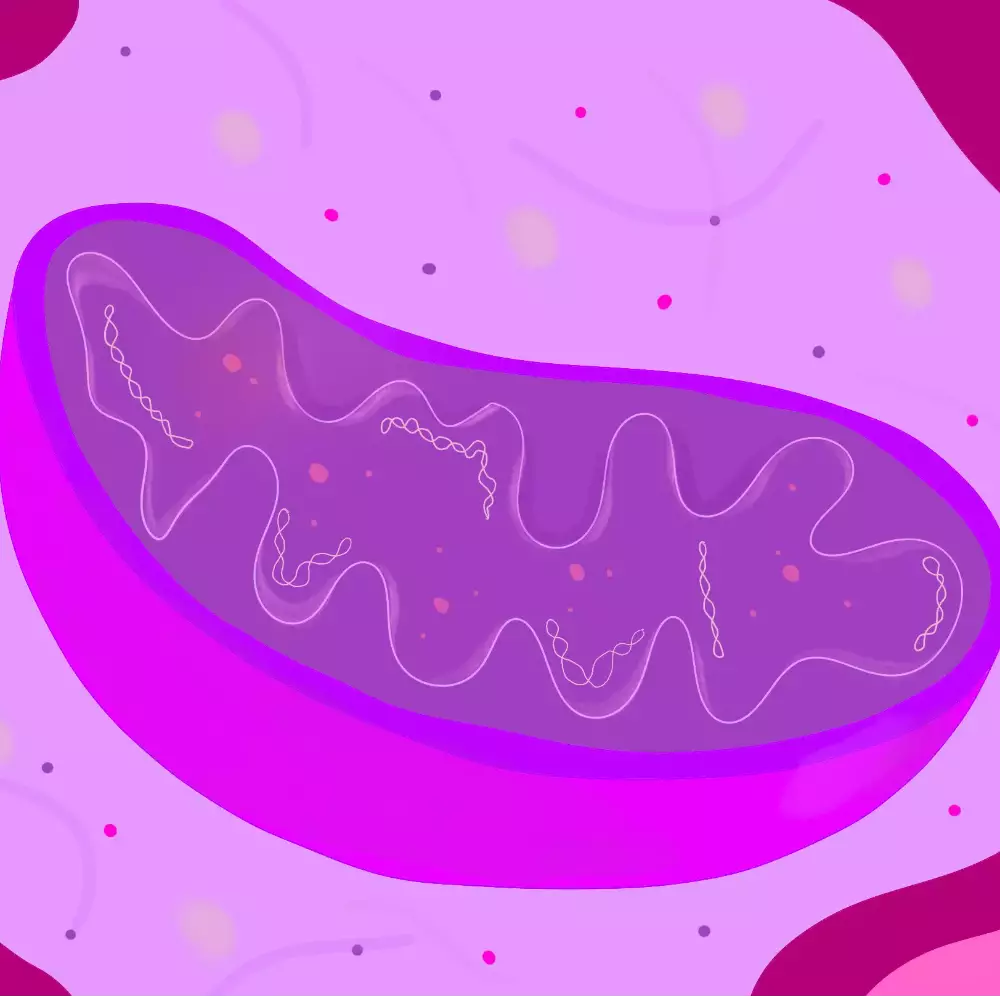Anesthesia in mitochondrial diseases
Mitochondrial defects are rare metabolic diseases, with a range of symptoms and complications that not only affect the daily lives of these patients, but also have an impact on their medical care options. In this interactive algorithm, you can take on the role of an anaesthesiologist to experience the specifics of anaesthesia administration and postoperative care in a patient with MELAS syndrome (Mitochondrial Encephalopathy, Lactic Acidosis and Stroke-like episodes).
Review
MELAS is a rare but rather serious genetic disorder with maternal inheritance that predominantly affects the nervous system and muscles. I rate the algorithm on anaesthesia management and postoperative care in children with MELAS syndrome as a beneficial and very useful material in anaesthetic practice. It should be noted that all mitochondriopathies share common features and the findings of the algorithm on MELAS can be applied to other diseases belonging to this group of disorders. The different steps are clearly described, the correct procedure is explained and the incorrect procedures are also made clear. All this will help physicians in choosing the best anesthesia "tailored" to the patient and the procedure. A very important part of the care is the correct choice of anaesthetics and appropriate postoperative care, including prevention and management of complications, and stay in the ICU for at least 24 h after surgery.
Sources
HOPPE, Kerstin; PLUNIEN, Rainer; LEHMANN-HORN, Frank; JURKAT-ROTT, Karin; GÖSELE, Michael and KLINGER, Werner. Mitochondrial disorders (2017). Online. Anästhesiologie & Intesivmedizin, vol. 58, supplement no. 6, April 2017. Available from: https://www.orphananesthesia.eu/en/rare-diseases/published-guidelines/mitochondrial-disease.html. [cited 2023-11-22].
Learning targets
2. Student understands the MELAS syndrome and is able to indicate appropriate laboratory tests prior to the induction of anesthesia.
3. Student learns to select safe medications for the induction and maintenance of anesthesia.
4. Student learns how to identify and solve complications during general anesthesia in pacient with MELAS syndrome.
Key points
2. Propofol and volatile anaesthetics can be safely used to administer general anaesthesia, whereas succinylcholine is absolutely contraindicated.
3. Patients with MELAS require continuous monitoring in the ICU for at least 24 hours after surgery.





